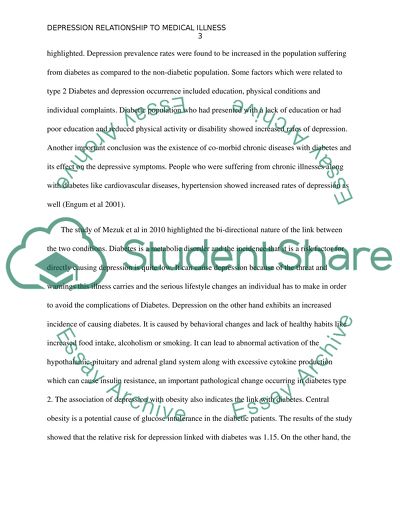Cite this document
(“Depression Relationship to Medical Illness Coursework”, n.d.)
Depression Relationship to Medical Illness Coursework. Retrieved from https://studentshare.org/health-sciences-medicine/1441122-depression-relationship-to-medical-illness
Depression Relationship to Medical Illness Coursework. Retrieved from https://studentshare.org/health-sciences-medicine/1441122-depression-relationship-to-medical-illness
(Depression Relationship to Medical Illness Coursework)
Depression Relationship to Medical Illness Coursework. https://studentshare.org/health-sciences-medicine/1441122-depression-relationship-to-medical-illness.
Depression Relationship to Medical Illness Coursework. https://studentshare.org/health-sciences-medicine/1441122-depression-relationship-to-medical-illness.
“Depression Relationship to Medical Illness Coursework”, n.d. https://studentshare.org/health-sciences-medicine/1441122-depression-relationship-to-medical-illness.


